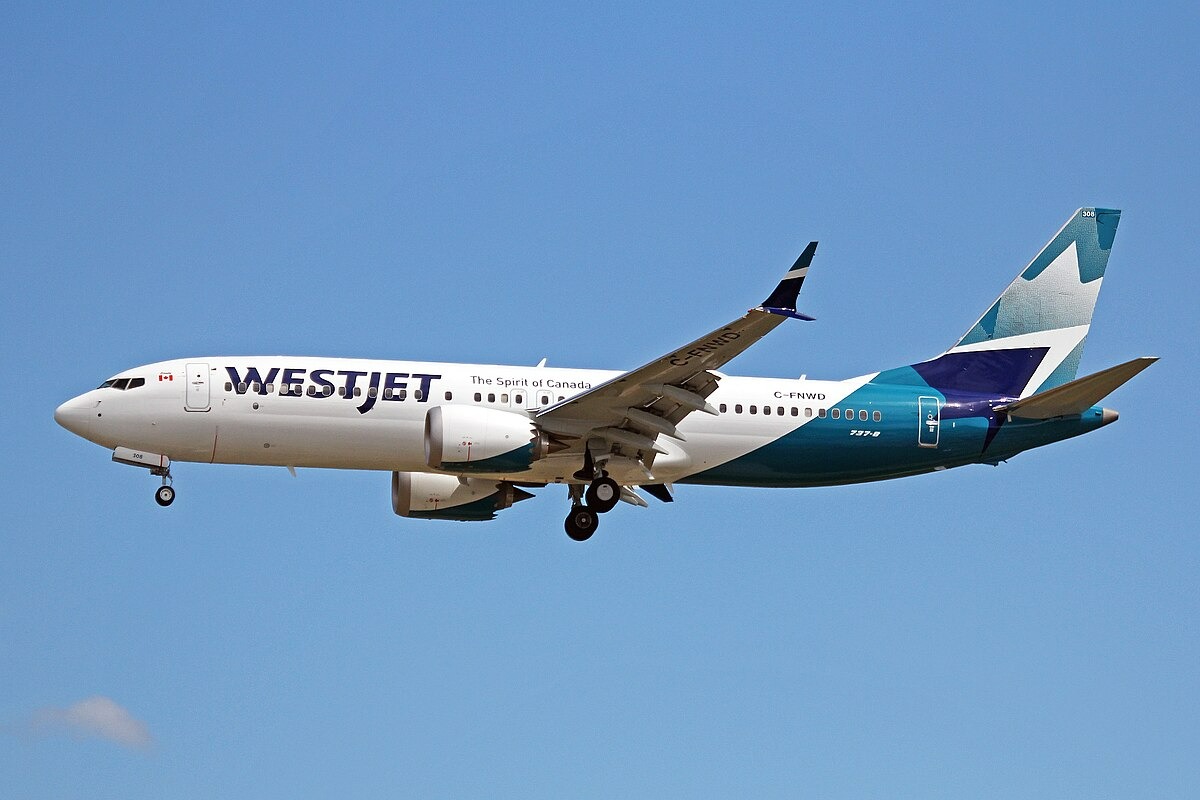Reclining your airplane seat just became a luxury item. WestJet announced a cabin overhaul for its Boeing 737 fleet that splits passengers into three distinct classes—but only those paying for Premium seats get to tilt backward.
The Canadian carrier’s new policy, rolling out in October 2025, transforms what travelers have long considered a basic expectation into an upcharge opportunity. If you’re planning future flights, prepare to budget for comfort features that airlines once included without question.
The New Class System Draws Clear Lines
WestJet’s refreshed cabins feature 12 Premium seats with full recline, extra legroom, and ergonomic cushions matching their Dreamliner fleet. Extended Comfort and Economy passengers face fixed or severely limited recline options.
The airline frames this as offering options for travelers with different budgets, according to EVP Samantha Taylor. Enhanced Wi-Fi, device holders, and in-seat power attempt to offset the change, yet these additions can’t replace the simple comfort of leaning back on a long flight.
Key Changes Taking Effect:
- Only 12 out of approximately 150+ seats per aircraft retain full recline capability
- Standard and Extended Comfort seats become fixed upright or limited recline
- New amenities include adjustable headrests, improved lighting, and power outlets
- First retrofitted aircraft enters service in October 2025, full fleet completion by early 2026
- Policy mirrors US budget carriers Spirit and Allegiant’s existing seat restrictions
Industry Experts Call It What It Is
John Gradek from McGill University’s aviation management program didn’t mince words about WestJet’s strategy. “This is a continuing evolution of ways for airlines to add charges,” he told media outlets, calling the policy a “cash grab“ that removes amenities passengers would normally expect to be included in their ticket.”
“Whether they opt for Premium seating with extra amenities and legroom or for more affordable ticket prices with less space, we’re excited to introduce this range of products to meet our guests’ diverse preferences.” —Samantha Taylor, WestJet EVP & Chief Experience Officer
The airline industry’s unbundling trend reached Canadian carriers later than their US counterparts, but WestJet’s move signals that geographic borders won’t protect travelers from fee-based comfort. Airlines discovered they can advertise lower headline fares while charging separately for previously standard features—a psychological pricing trick that works until passengers calculate the true cost of a tolerable flight experience.
Start factoring seat upgrade costs into your travel budget now, because this probably won’t be the last airline to monetize basic comfort features.


















